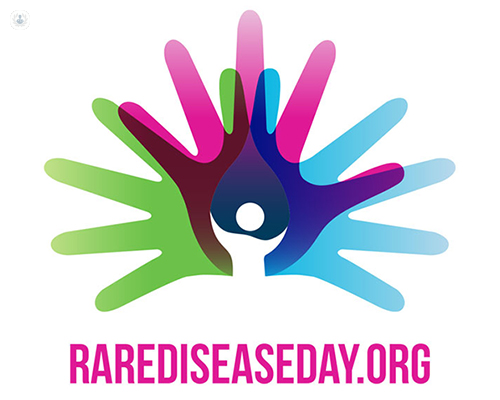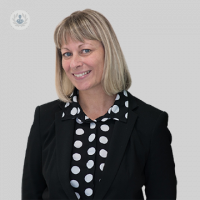Autore:
Rare Disease Day takes place on the last day of February every year, with the goal of raising awareness among the general public of rare diseases and the impact they have on people’s lives. It encourages researchers, policy makers, and representatives and professionals in healthcare industries to address the needs of those who live with a rare disease. Dr Melita Irving is a clinical geneticist with a specialist interest in skeletal dysplasia – a rare disease. Here, in an interview with Guy’s and St Thomas’ NHS Foundation Trust, she explains what her research involves, and how it will help change the future of those with rare diseases.

What does your work involve and which rare diseases are you investigating?
I specialise in a branch of medicine called clinical genetics. My colleagues and I help to diagnose the risks to families of inheriting a particular disease and provide information on how that might affect them and their families – a service we call ‘genetic couselling’.
In recent years, my research has focussed on a skeletal dysplasia, or dwarfism. In particular, I have focussed on achondroplasia, the most common form of dwarfism, which affects one in 20-30,000 people.
While short stature is the most recognisable manifestation of achondroplasia, the condition also carries with it a number of other potential complications and difficulties, such as neurological problems, bowed legs, joint problems, sleep apnoea and spinal cord compression. I am currently leading a multi-centre, multinational study in the UK to see whether a particular drug could help to alleviate these problems.
How world-class technology helps in the study of rare diseases
Technological advances have made a huge impact on the study of all kinds of rare diseases. At Guy’s and St Thomas’ we have access to state-of-the-art clinical research facilities, technology, and researchers, which have all helped to change the pace at which discoveries have been made.
Searching for an individual gene that’s responsible for a particular condition used to be like looking for a needle in haystack - without even being sure you were searching in the right haystack. The high-throughput sequencing machines at Guy’s and St Thomas’ give us a faster, and cheaper way to analyse an extremely large number of genes quickly and simultaneously. This means that breakthroughs which once took decades now take weeks.
We are extremely fortunate to have the NIHR Biomedical Research Centre (BRC), which has not only invested in the research infrastructure but has also helped us forge closer ties with our academic partner, King’s College London.
In 2011, I was part of the team that discovered the gene responsible for the development of a rare form of severe childhood osteoporosis called Hajdu Cheney syndrome. The discovery was made possible thanks to the work of my team of clinical geneticists here at Guy’s and St Thomas’, researchers from King’s College London’s division of Medical and Molecular Genetics, and the state-of-the-art gene sequencing technology made available to us by the BRC.
Focus on the detail to see the bigger picture
One of the most important changes in people’s attitudes to rare diseases has been the realisation that discoveries made in rare disease can also have an impact on conditions which are much more common.
Hajdu Cheney syndrome osteoporosis is so rare that I personally know many of the individuals in the world who have the condition. However, by discovering the individual gene behind the condition, we have opened up a whole new focus for researchers looking into more common complex forms of the disease, such as the types that affect the elderly or people with cancer.
If you are interested in finding out more about rare diseases and Dr Irving’s work, visit her original article at Guy’s and St Thomas’ Q & A session, or go to the Rare Disease Day website to learn how you can help raise awareness and contribute.


